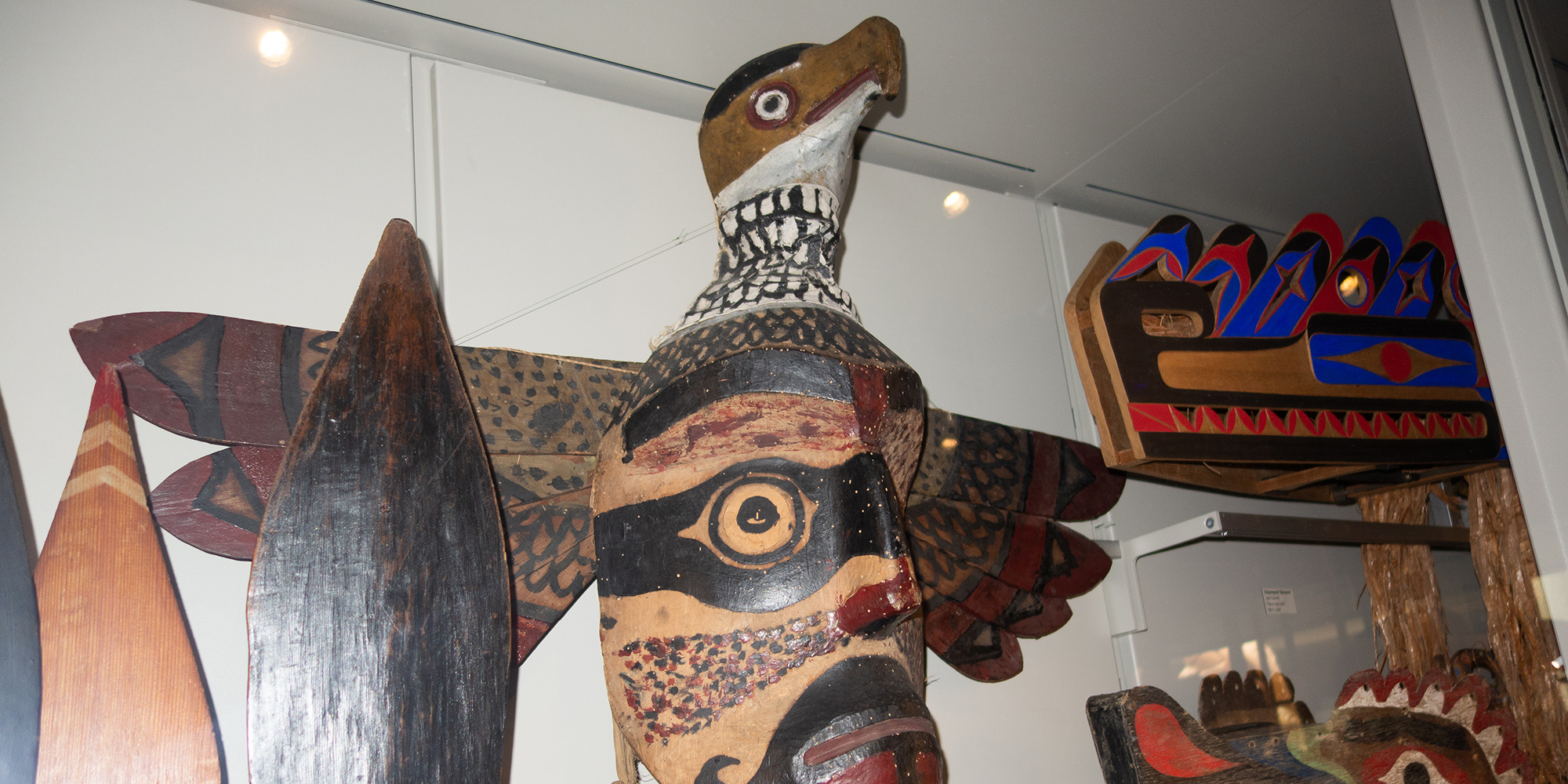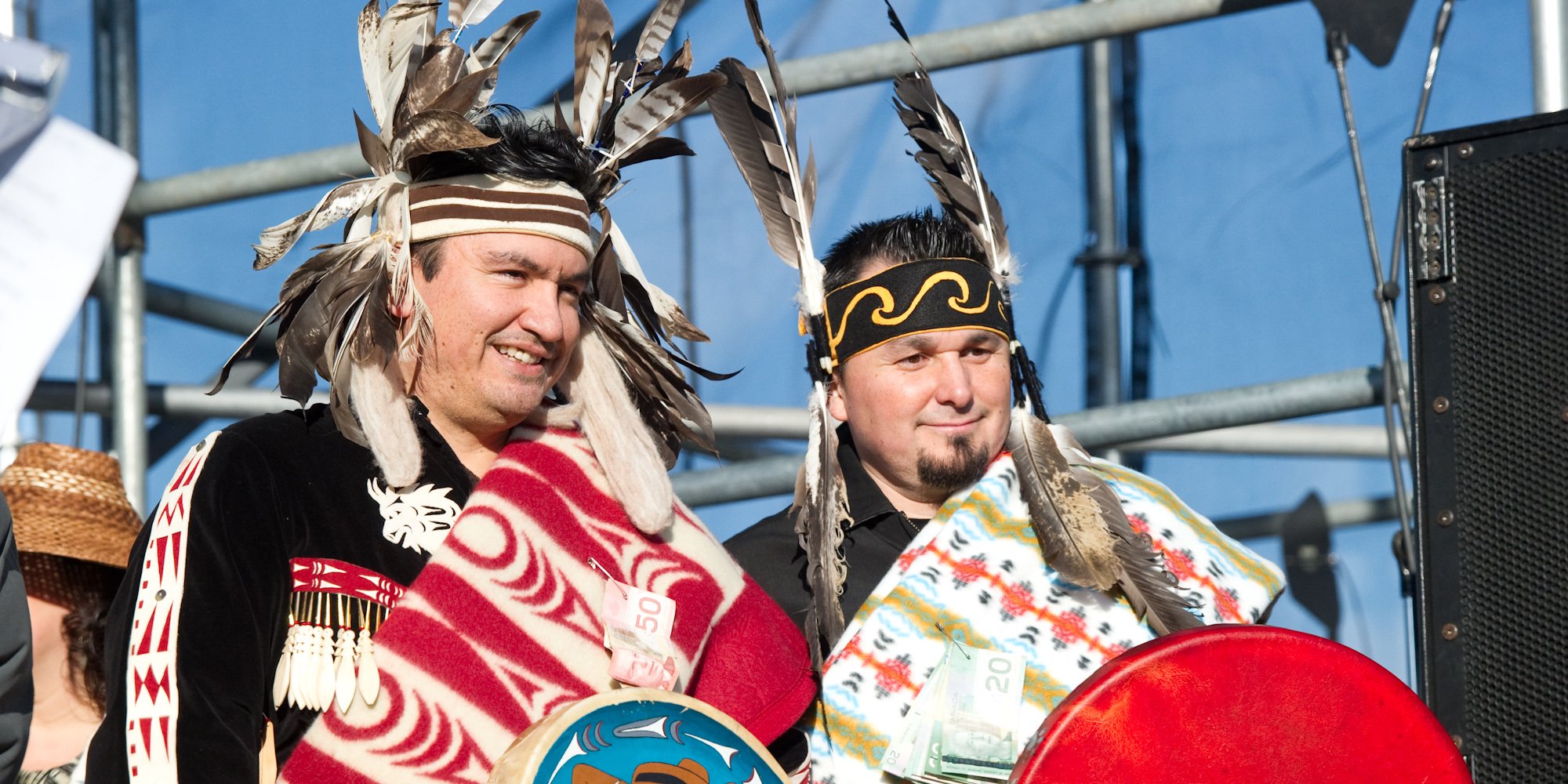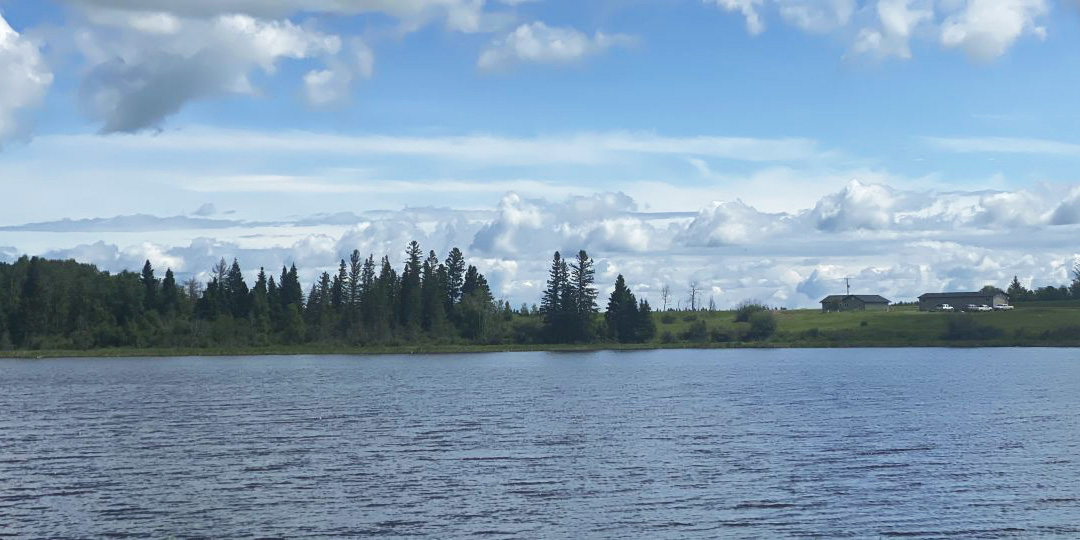What are the Elements of an Effective Indigenous Joint Venture?
Canada’s historical reputation is of a country where living conditions were good, and there were ample economic opportunities - a “land of milk and...
2 min read
Bob Joseph November 26, 2015

It takes 20 years to build a reputation and five minutes to ruin it. If you think about that, you'll do things differently.”
Warren Buffett
Reputations are hard-won and easily lost. For mom-and-pop businesses it’s not difficult to ensure the words and actions of the company representatives are aligned with the company philosophy. But for larger corporations that may have many branch operations nationally and internationally, divisions within divisions, and a whole host of contractors working on their behalf, it can be a challenge to ensure absolutely everyone upholds the corporate philosophy.
In terms of *Indigenous relations, there are serious risks associated with hiring contractors who are not in alignment with the company mandates and philosophies - it just takes one contractor who lacks cultural competency to do or say something offensive and a company can kiss goodbye carefully nurtured and fostered Indigenous relations. The company could also face project delays due to lack of support for permitting processes, blockades, lost revenues, tarnished investor relations, and long-term reputational damage.
This potential pitfall can be addressed by writing into all Requests for Proposals (RFP) that all contractors must be able to demonstrate that they and their employees have taken Indigenous awareness and cultural competency training. State clearly in the RFP that preference will be given to firms who can demonstrate they have a culturally competent workforce.
Is it necessary for the training to be systemic? Yes. Window dressing won’t cut it. Anyone and everyone involved in:
The need for the business community to provide Indigenous awareness training for staff was included in the recommendations of the Truth and Reconciliation Commission Report, released in June 2015:
Business and Reconciliation
92.
iii Provide education for management and staff on the history of Aboriginal peoples, including the history and legacy of residential schools, the United Nations Declaration on the Rights of Indigenous Peoples, Treaties and Aboriginal rights, Indigenous law, and Aboriginal–Crown relations. This will require skills based training in intercultural competency, conflict resolution, human rights, and anti-racism.
We are in an era of increased awareness about and respect for Indigenous Peoples as indicated by the actions and words of Prime Minister Justin Trudeau and the Truth and Reconciliation Commission Report. Non-Indigenous Canadians are realizing the impact of colonialism, residential schools, recognition of their rights and title, and how those rights impact projects, and the role of Indigenous Peoples in the economy. We are also in an era where more and more businesses are recognizing the value of a diverse workforce and are requiring their troops to take Indigenous awareness training. From my perspective as an Indigenous person and as a trainer, this is very good news.
When working with contractors it is suggested that companies encourage all contractors to take some form of Indigenous Awareness and or Working Effectively with Indigenous Peoples® training. We deliver onsite training to both staff and contractors. Companies can also send suppliers and contractors to our public workshops offered in-person and online.
Featured photo: Shutterstock

Canada’s historical reputation is of a country where living conditions were good, and there were ample economic opportunities - a “land of milk and...

Indigenous relations is an evolving field, especially now in light of the federal government’s commitment to negotiation on a nation-to-nation basis....

Paul K. Ledoux, Council Member, Muskeg Lake Cree Nation was a guest speaker at the Urban Reserves Forum in Winnipeg in early March 2016. Paul...